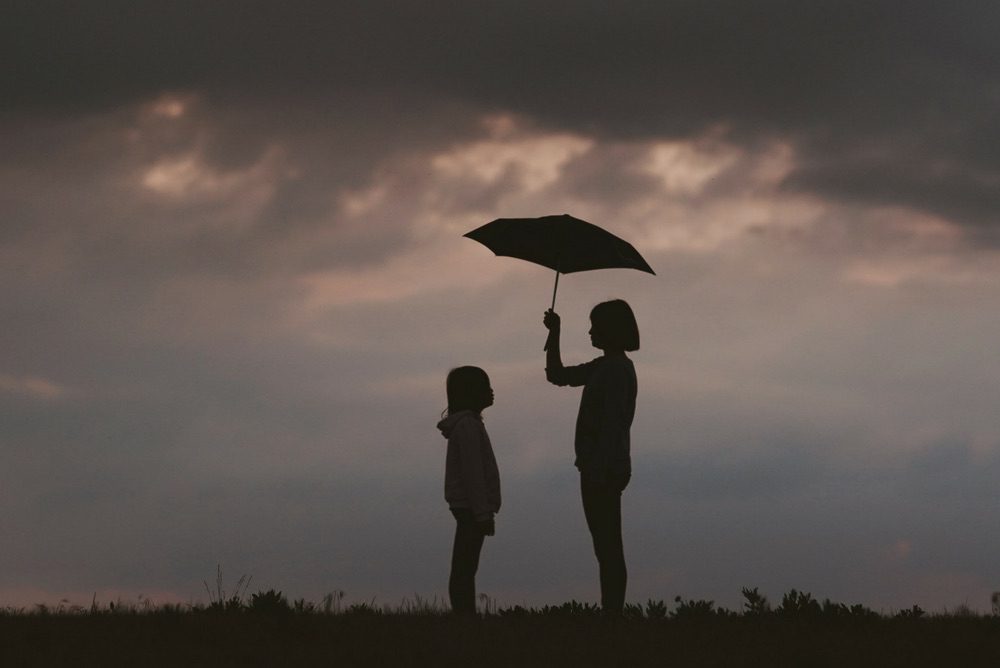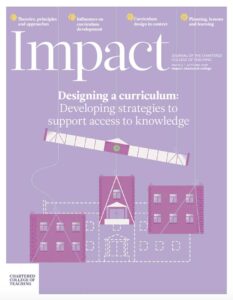Long before the current Chief Inspector for Schools, Amanda Spielman, emphasised the importance of a broad and balanced curriculum, the Cambridge Primary Review (CPR) (Alexander, 2010) recommended that the primary curriculum reflect schools’ contexts and communities – that it should be designed carefully and with consideration of its local setting. The University of Cambridge Primary School opened in September 2015 as the first university training school for primary in the UK, designed to be research-informed and research-generating (Gronn and Biddulph, 2016). As such, we have worked to develop a curriculum that is bold, free-thinking and rigorous, underpinned by a commitment to the values of empathy, respect, trust, courage and gratitude.Building on these values, we aim to be inclusive, ambitious and innovative for our children. We saw that our curriculum would be the vital structure upon which our aims would be realised. As Kelly (Kelly, 2004) argues, a curriculum that is equated to a syllabus to be taught is a limiting conceptualisation. Instead, an educational curriculum must be based upon principles that guide how we teach.
Building a curriculum
Prompted by the CPR, we asked a number of questions: how did we want our children to be, behave and engage in their world – at seven years old, at 11 years old, at 17 years old and 31 years old and so on? This longitudinal view of education encouraged discussion about what it meant to teach, to learn and the contexts within which these occurred. For example, we asked:
- What aims, values and principles should our curriculum pursue and enact?
- What are the implications of recent research on children’s development and learning?
- What are children’s ‘lived world experiences’?
- How can a curriculum nurture children’s childhoods as well as prepare them for adult life in a globalised, politically, socially, environmentally and technologically uncertain future?
Following several informal ‘gatherings’ of teachers, teaching assistants, governors and administrative teams, and hearing from our children and parents, we realised the importance of taking a principled approach to curriculum design, rooted in democratic notions of education (Dewey, 1916) (Greene, 2000) (Swann et al., 2012). We deepened our thinking through lesson study (see lessonstudy.co.uk/about-us-pete-dudley/) so that in group observations of all teachers in the school, including the headteacher, there developed a shared discourse and practical insight into the kind of learning experience we wanted to provide for our children. Following these ‘gatherings’ and lesson study, we agreed, in an ‘ethic of trust and listening’, that children’s agency (and indeed teachers’ agency) is important to foster, and that developing the ability to question, discuss and contest diverse positions respectfully and compassionately is key for us all in a complex, globalised world. As a new school, we constantly create new spaces for learning – literally in the school infrastructure and metaphorically as we engage in educational discussion within our school gates.
Visualising our curriculum took time and involved multiple iterations. The notion of an enabling space (Biddulph, 2017) and the notion of possibility thinking (Craft et al., 2013) from the field of creativities. Both indicated the necessary principles of trust, courage to take risks in learning and teaching, and seeing teachers as intellectuals who enquire and research their practice. Having defined our core purpose to nurture compassionate citizens, we used the literature to identify three ‘pedagogic golden threads’ to bind the curriculum together: habits of mind, dialogue and oracy and playful enquiry. These ‘golden threads’ then influenced the values-led, text-rich and domain-specific structuring of curriculum knowledge and skills. Figure 1 shows our curriculum model, which underpins our teaching.
The detail of each aspect and how it related to pertinent research is shared on our website, as are the outcomes for our children in weekly blogs (available at: universityprimaryschool.org.uk).
Intellectual curiosity: Effective professional communities in practice
We do not want a curriculum that is ‘done to teachers and children’. Instead, and in order to continually problematise and develop our curriculum, we found Giroux’s (Giroux, 1985) view of teachers as active political intellectuals who question how they encounter teaching and learning as key. We consciously plan opportunities to ask:
- What counts as school knowledge?
- What are the underlying interests in this knowledge and the need for children to acquire it?
- What is the hidden curriculum enacting?
- What cultural formations are disorganised and de-legitimated by dominant forms of school knowledge? (Smyth, 2011)
Our intention is to develop a research-informed curriculum and a reflective professional community that takes nothing for granted. As we move forward, we aim to work in partnership with others, within the University, the Chartered College of Teaching and beyond, to become research-generating and to raise questions more broadly than the context of our school. In this way, we will remain open to the countless possibilities for our children and for our futures.












